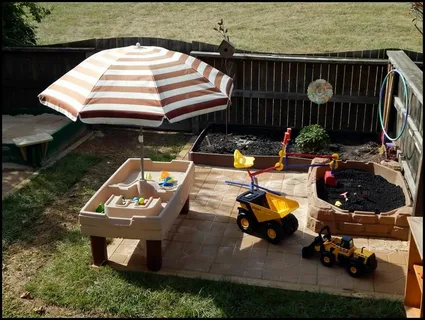Starting a home-based childcare business can be both rewarding and profitable, but it comes with important responsibilities. One of the most critical aspects to understand before welcoming children into your care is the licensing and legal requirements for home based childcare providers. These regulations help ensure that children are in a safe, healthy, and nurturing environment.
Understanding the Importance of Licensing
Licensing is more than just a bureaucratic step — it ensures that childcare providers meet specific standards related to safety, staffing, nutrition, and the learning environment. Most states or countries have dedicated government agencies responsible for regulating and monitoring home-based childcare programs.
Operating without the proper license can lead to penalties, closure of your business, or even legal action. Therefore, understanding the licensing and legal requirements for home based childcare providers is essential to staying compliant and maintaining trust with parents.
Key Legal Requirements
1. Background Checks and Qualifications
Most jurisdictions require that home-based childcare providers undergo criminal background checks. In many cases, household members over the age of 18 must also be screened. Additionally, providers may need to complete certain educational qualifications, such as child development courses or CPR/first aid certification.
2. Health and Safety Standards
Regulations typically outline specific health and safety standards, including:
- Childproofing the home
- Safe food handling and storage
- Emergency preparedness plans
- Adequate supervision ratios
Meeting these requirements is a core part of maintaining your license.
3. Home Inspections
Before receiving a license, providers usually must undergo one or more home inspections. Inspectors assess whether the space meets legal standards for cleanliness, safety, and suitability for young children. Regular follow-up inspections may be required as well.
Documentation and Record Keeping
An often overlooked aspect of the licensing and legal requirements for home based childcare providers is thorough documentation. Childcare providers must keep records such as:
- Attendance logs
- Medical records and immunizations
- Incident reports
- Parent-provider agreements
These records not only protect you legally but also ensure transparency and accountability.
Local vs. Federal Regulations
It’s important to understand that licensing and legal requirements for home based childcare providers can vary widely depending on your location. While some rules are established at the federal level (especially in countries like the U.S. or Canada), many specifics are governed by state, provincial, or municipal laws.
Always check with your local childcare licensing agency to ensure you’re following the most accurate and up-to-date regulations for your area.
Conclusion
Meeting the licensing and legal requirements for home based childcare providers is essential for running a professional and trustworthy childcare business. By understanding the regulations, preparing your home accordingly, and keeping proper documentation, you create a safe and legally compliant environment where children can grow and thrive. Taking the time to meet these standards not only protects your business but also helps build a reputation that families can rely on.

